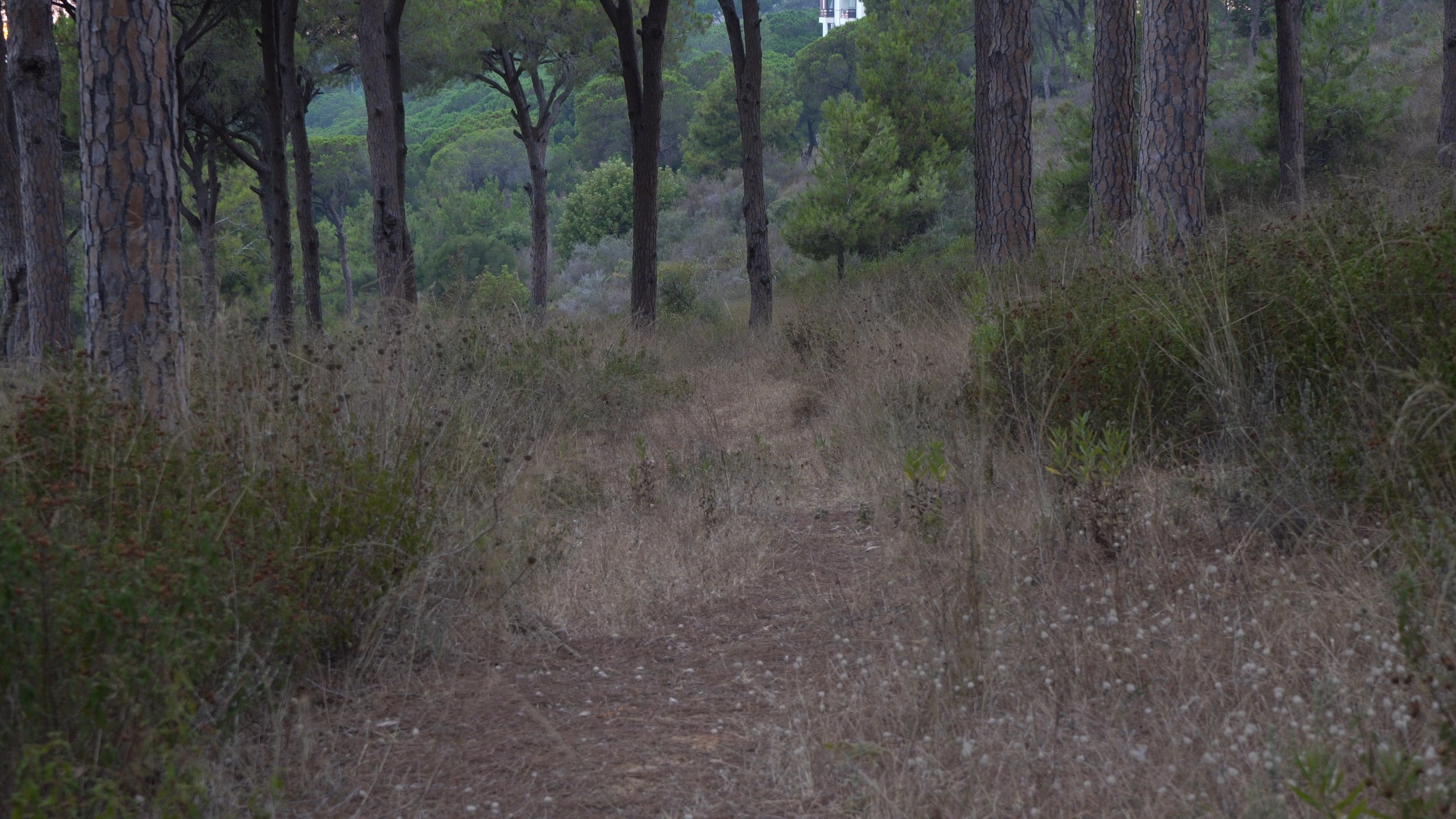
Media
coverage
“The desperate last-ditch search for Lebanon’s missing victims”
Forty years on, as witnesses age and possible graves are built over, a final attempt is being made to uncover what happened those who disappeared during the long civil war.”
The Guardian
“Masterfully weaves together past and present without a trace of sentimentality”
You’ll never be able to look at the sea, or anywhere else in Lebanon, the same way after watching The Soil and the Sea.
If you’ve lived in Lebanon or even just visited, you start to remember when you walked past these sites, ashamed that you didn’t know about them, or, if you did know, that you didn’t spare a thought for those buried underneath .”
The Markaz Review
“Unconventional and compelling”
“The Soil and The Sea’s warnings don’t just apply to Lebanon. One day, similar efforts will be undertaken in respect to Syria, where hundreds of thousands of people have been killed during more than a decade of civil war. The same could be said of the deaths and disappearances along the refugee trail to Europe: more than 27,000 people have gone missing in the Mediterranean Sea alone since 2014.”
Middle East Eye
“Haunting, from start to finish”
Unlike the typical documentary format, in which sound and the visuals work in tandem to affirm or reinforce what is being presented, The Soil and the Sea jars that expectation with powerful effect
This format effectively evokes the disconcerting sense of absence, of loss and the vacuum in which life has been forced to continue without closure.”
The National
Woven between stark landscape cinematography both beautiful and chilling, the documentary layers first-hand testimonies of those who bore witness to the violence. Their stories, which include the massacre of Palestinians in Sabra and Shatila, reveal hidden, largely forgotten atrocities which speak to universal themes of suffering and resilience.”
Middle East Monitor
“Eye-opening and deeply moving”
Seventeen thousand people were disappeared during the conflict, and there are more than 100 untouched mass graves lying beneath schools, hotels, agricultural plots and busy roads. The eye-opening and deeply moving documentary The Soil and the Sea reveals the truth of these seemingly normal spaces, filling the everyday comings-and-goings of the landscape with the stories of those who have been erased from history. Curzon Journal
“Successful and powerful, devastating and heartbreaking”
“The Soil and the Sea reminds us that the soil, land, and sea that once witnessed bloodshed and violence, are today nothing more than ordinary areas of Lebanon. These lands do not offer closure, empathy or even reminders that losses were incurred – they are only ever used and re-used, and only the survivors will remember the events they once carried”
Beirut Today
“Le film nomme l’innommable, montre ce qui ne peut être montré”
“Nous, spectateurs et spectatrices, sommes invité·es dans ces espaces comme dans des arènes cinématographiques qui réverbèrent les récits de la violence et abattent le quatrième mur, nous mettant au centre d’un récit oral, musical et visuel”.
Orient XXI
“En survolant quasiment tout le pays, paysages et témoignages résonnent et se font écho. C’est un croisement entre la belle nature calme du pays et les propos violents des survivants ou des témoins oculaires de la guerre. Le spectateur ne voit pas de visages mais entend des voix, et l’absence se fait présence même lourde et chahuteuse. Parfois même c’est l’arbre, une église, un mur ou un immeuble qui parleront et raconteront leurs récits”.
L’Orient Le Jour
“Delving into the secret of mass graves in Lebanon”
“A Film of Places. It is through these places that we can register how much has been forgotten and how the country has moved on — but without dealing with what it has moved on from. The places are completely ordinary and, by and large, show no sign of violence. But the voices force us to read them differently, open up a different kind of register — you have to try to put the voice and the image together and that’s difficult, which probably makes you feel the violence in the voices even more”.
Arab News
“Fragments in the wake of dissonance”
“Rugo skillfully subverts traditional storytelling methods, immersing the audience in an unexpected yet artful narrative. The film opens with the camera struggling to stay afloat, capturing the essence of the sea as a metaphor for the weight of the untold stories that lie beneath the waves. Elias Khoury, a revered Lebanese novelist, lends his voice to the film, delivering original text that initiates the poignant journey into these untold narratives. The reflective Arabic prose, harmonizing with the sounds of the sea, establishes a haunting tone that permeates the entire film.”.
Arab British Centre
“Rugo’s film takes up the 100-odd mass graves believed to pepper Lebanon’s soil and surviving family members who yearn for closure”.
Orient Today